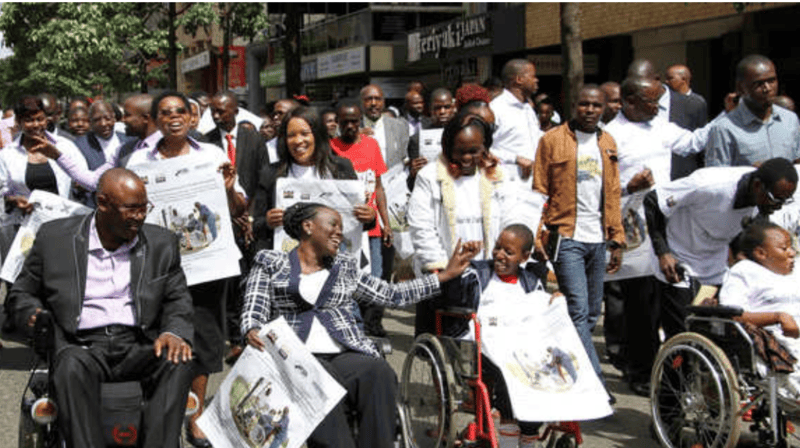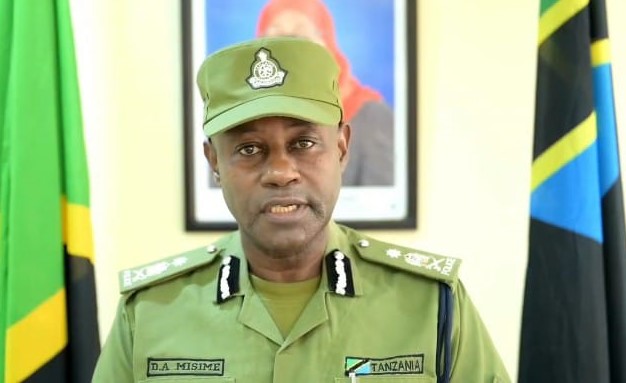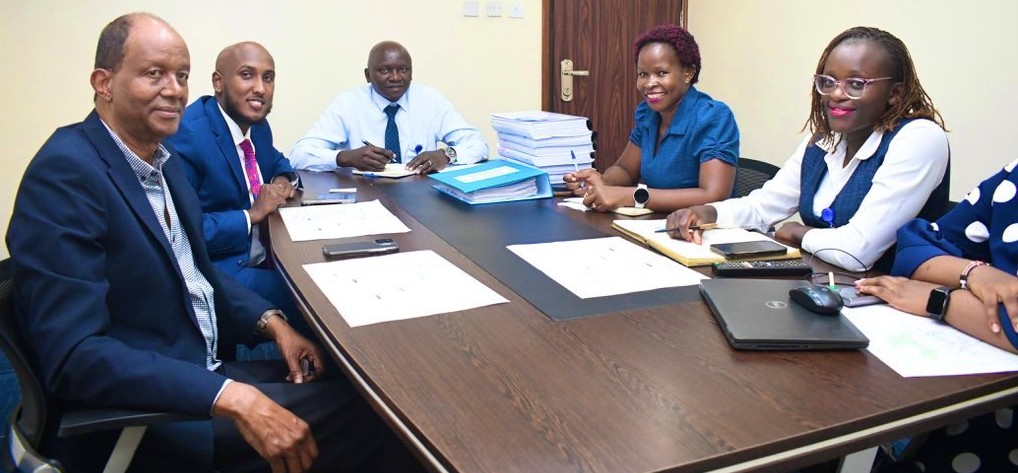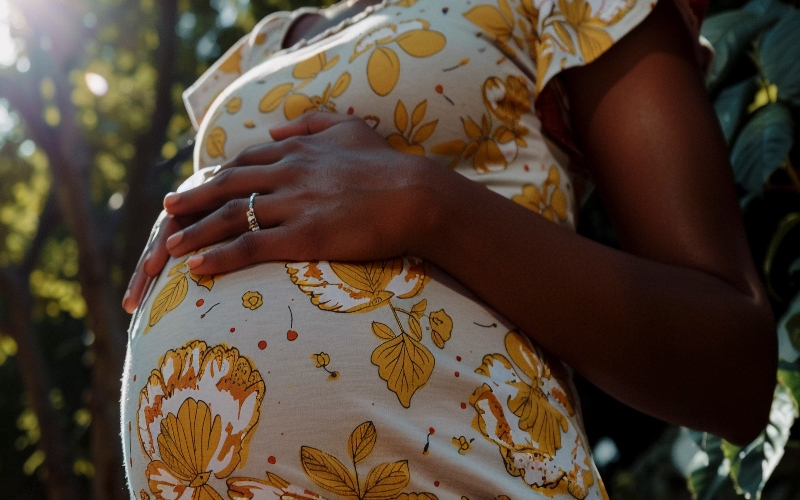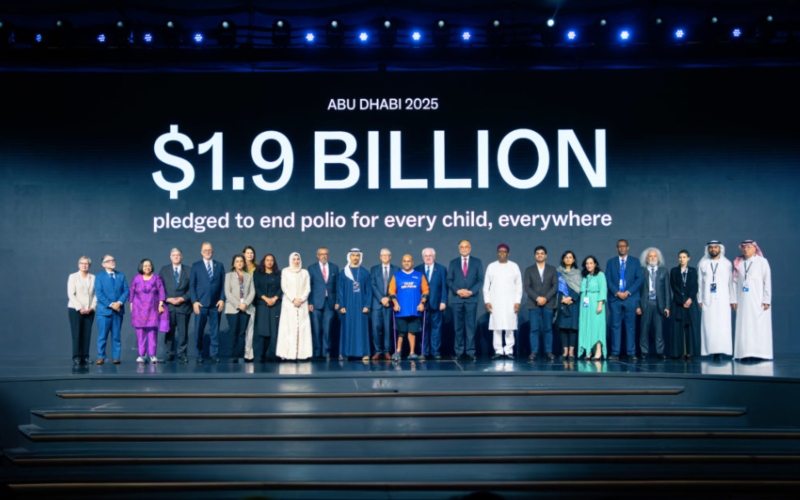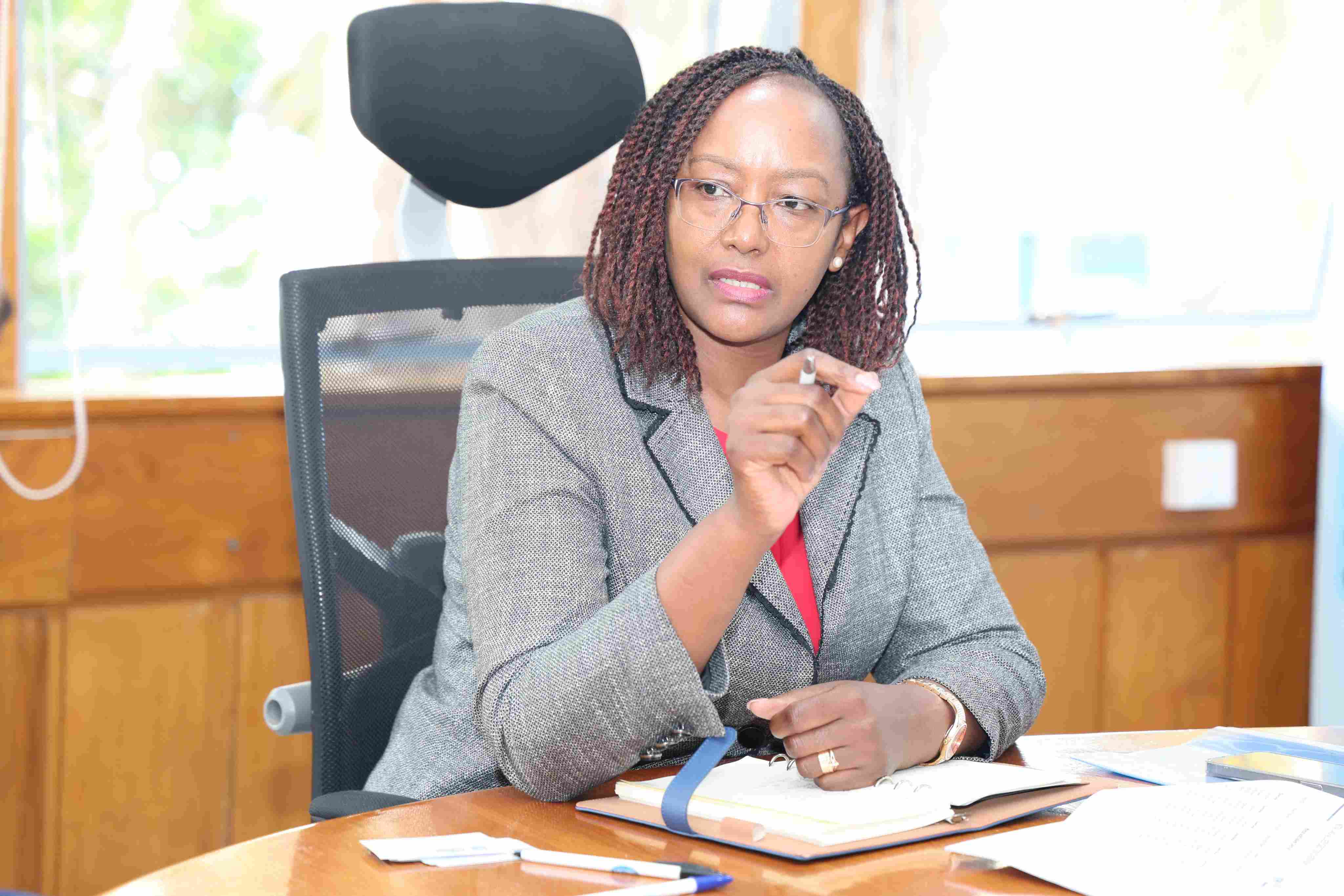Ruto calls for renewed global commitment to protecting refugees as Kenya hosts landmark judicial conference
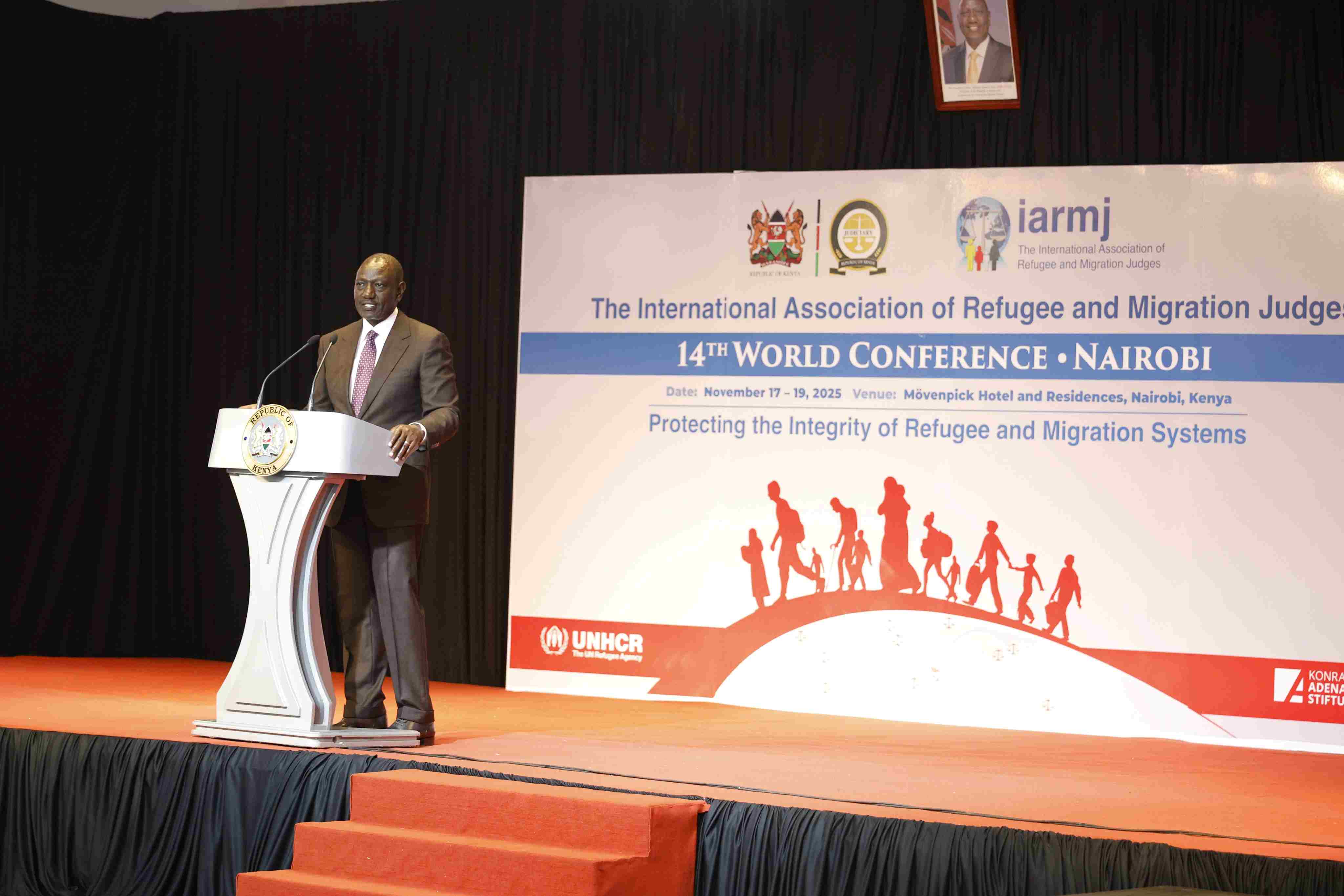
For the first time since its establishment in 1995, the International Association of Refugee and Migration Judges World Conference is being held in Africa, placing Kenya at the centre of global legal discourse on migration and asylum.
President William Ruto has called on nations to renew their collective commitment to safeguarding the rights and dignity of refugees, urging stronger protection systems at a time when global displacement has reached record highs.
Speaking on Monday at the opening of the 14th World Conference of the International Association of Refugee and Migration Judges (IARMJ) in Nairobi, President Ruto said the plight of the displaced remains one of the world's most urgent humanitarian and legal challenges.
More To Read
- Legal illiteracy fuels conflict and injustice in Turkana, summit reveals
- UNHCR data shows steady rise in refugee numbers in Kenya
- Refugees to gain access to mobile, banking services under new regulations
- Kenya commits to Shirika Plan on World Refugee Day amid mounting refugee hunger crisis
- New refugee management curriculum to boost local capacity in Turkana, Garissa counties
- Refugees allowed to use refugee IDs for SIM cards registration
"These numbers represent people whose dignity has been challenged, yet they continue to look forward with courage and hope," he said, noting that more than 120 million people are currently displaced worldwide. He emphasised that global responses must be anchored in fairness, legal safeguards, and shared responsibility.
The President highlighted Kenya's Shirika Plan—a flagship strategy integrating refugees into the national economy while enhancing development in host communities—as an example of sustainable, rights-based refugee management. He said the policy demonstrates how humanitarian protection can complement economic resilience, particularly in frontline states that carry a disproportionate burden.
For the first time since its establishment in 1995, the IARMJ World Conference is being held in Africa, placing Kenya at the centre of global legal discourse on migration and asylum.
The week-long gathering has drawn judges, scholars, and migration specialists from across continents to deliberate on this year's theme: "Protecting the Integrity of the Refugee and Migration Systems." The association is chaired by Supreme Court judge Justice Isaac Lenaola.
Chief Justice Martha Koome, who also addressed the opening ceremony, underscored that the integrity of refugee systems hinges on independent, humane, and accountable courts. She warned that rising displacement—driven by conflict, climate change, poverty, and governance failures—demands judicial fortitude and unwavering commitment to the rule of law.
"Judges must uphold courage, vigilance, and impartiality to ensure every claim is accorded justice," she said. She stressed that transparent, predictable, and rights-respecting procedures remain the cornerstone of credible asylum processes.
Koome cautioned that backlogs, outdated laws, and political interference are undermining public confidence in migration systems globally. She urged judicial officers to anchor their decisions in evidence, trauma-informed approaches, and reliable country-of-origin information—particularly in cases involving vulnerable groups such as children, survivors of trafficking, and those fleeing gender-based persecution.
The Chief Justice cited the High Court's landmark July 17, 2025 judgment in Haki na Sheria v Attorney General & Others, which affirmed citizenship rights for children of mixed refugee-Kenyan parentage. She described the decision as a "profound affirmation" of constitutional justice, noting that it also struck down discriminatory practices that had long hindered refugee spouses from acquiring citizenship. The ruling, she said, restored dignity and legal certainty to families previously subjected to bureaucratic exclusion.
Koome also warned that emerging threats—particularly climate-driven displacement, transnational trafficking networks, and the unregulated deployment of artificial intelligence in migration governance—pose new risks to fairness and human rights. While technology may improve efficiency, she stressed that it cannot replace human judgment, compassion, or accountability.
UNHCR's Regional Director for Eastern and Southern Africa, Dr Mamadou Dian Balde, echoed these concerns, noting that structural pressures on protection systems are intensifying. "These pressures strain protection systems and strengthen the need for resilient structures supported by an independent judiciary," he said.
Throughout the week, delegates will examine critical issues such as the use of social media evidence, credibility assessments, cross-border judicial cooperation, child asylum procedures, and the application of artificial intelligence in court processes. The conference aims to strengthen the global judicial network tasked with upholding the rights of displaced persons.
Kenya, now recognised for its blended approach to humanitarian protection and community development, has positioned itself as a key voice in regional and global refugee governance. By hosting the IARMJ conference, the country reinforces its role as a champion of justice, dignity, and solidarity for millions displaced by circumstances beyond their control.
Top Stories Today





